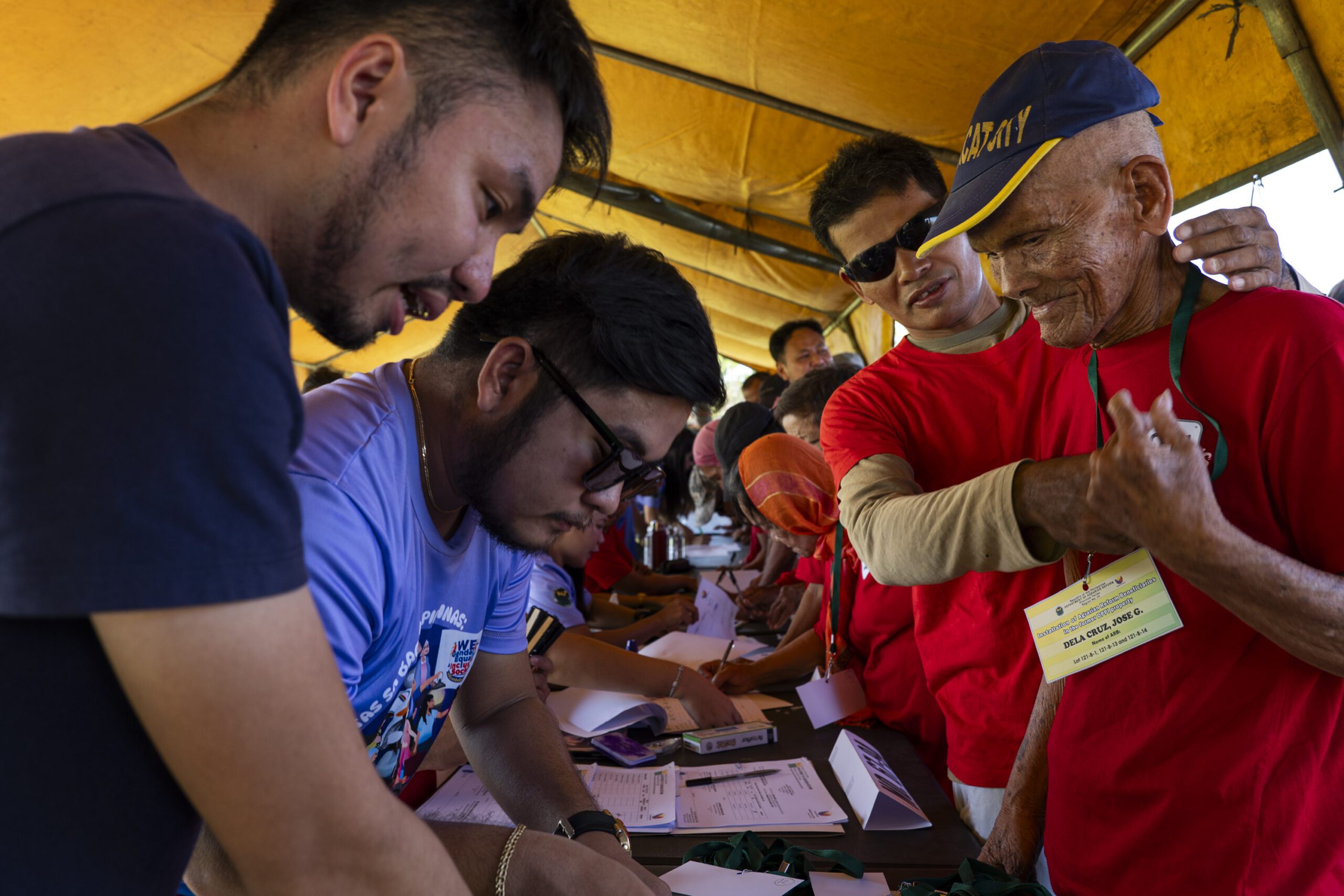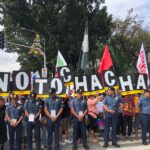The installation of 93 farmers on the 68.1-hectare piece of land Hacienda Tinang in Concepcion town, Tarlac province is a result of the community’s collective action and “not due to anyone’s goodwill”, a peasant leader said.
“We owe this installation to ourselves because we collectively fought for it,” said Alvin Dimarucut, chairperson of Malayang Kilusang Samahang Magsasaka ng Tinang (MAKISAMA-Tinang).
It took three decades of struggle for land rights before the Tinang farmers were installed to their land by the Department of Agrarian Reform (DAR) on May 8.
The land was part of the 200-hectare land that was surrendered by the Dominican Province of the Philippines Inc. (DPPI) to the government under a voluntary offer-to-sell model of the 1988 Comprehensive Agrarian Reform Law.
“The farmers have been waiting for this day. Many of them are elderly now and some have died even before they could fully own the land they had poured their sweat and blood into for many years,” said Abby Bucad, MAKISAMA-Tinang spokesperson.
Since the 1960s, Tinang farmers have been denied their right to cultivate the land and instead have worked as farm laborers for a mere Php3.00 a day under near-slave labor conditions.
In 1995, the government bestowed the Certificate of Land Ownership Award on the farmers, but it was kept from them by a political clan in Concepcion, who established a cooperative to maintain power over the 200-hectare sugarcane plantation.
On June 9, 2022, 83 farmers, who undertook collective farming to assert their rights to the land, were arrested and charged along with agrarian reform advocates and journalists. They were charged with illegal assembly and malicious mischief, which the courts later dismissed.
Lawyer Jober Pahilga, executive director of Sentro para sa Tunay na Repormang Agraryo (SENTRA) and legal counsel of the peasant group, said the farmers still face challenges in completing the installation process.
He said that SENTRA lawyers will continue to provide legal support to the farmers until the process is complete. “We still have a lot of work to do.”
Elizabeth Felix, one of the agrarian reform beneficiaries, said the farmers agreed to continue to work in the farm collectively “even if we now officially and individually own the lands.”
“It has already proven effective. Collective action is our safeguard against any attempt to deny us our rights to the land,” she said.


